ABOUT THE PARTICIPANTS
|
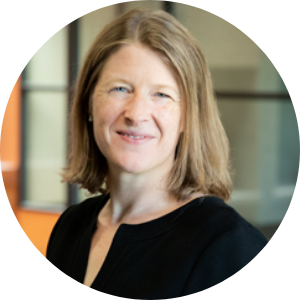 |
Courtney A. Bell is director of the Wisconsin Center for Education Research (WCER) and professor of Learning Sciences at the University of Wisconsin–Madison. She earned her doctorate at Michigan State University in Curriculum, Teaching and Educational Policy and a B.A. in Chemistry at Dartmouth College. Courtney is passionate about understanding and improving teaching for historically underserved children. She co-edited the 5th Edition of the American Educational Research Association’s Handbook of Research on Teaching and is currently working with colleagues to better understand how teachers learn in the early years of their careers. Courtney also was a principal investigator of the Global Teaching InSights Video Study.
|
 |
Kirsti Klette is a distinguished professor in the department of teacher education and school research at the University of Oslo. Her research interests include teaching and learning, teacher quality, classroom studies and comparative studies. She is currently principal investigator of the “Linking Instruction and Student Achievement” (LISA) study and the “Synthesizing Research on Teaching Quality” (SYNTEQ). Klette is also appointed as principal investigator and director of the newly funded Nordic Center of Excellence “Quality in Nordic Teaching” (QUINT) using comparative video data from mathematics, language arts and social science classrooms across all Nordic countries to discuss and measure qualities of teaching.
|
|
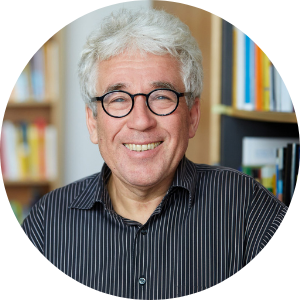
|
Eckhard Klieme is a research fellow and former director at DIPF | Leibniz Institute for Research and Information in Education, Frankfurt/Germany. His areas of expertise include teaching quality, school effectiveness, educational assessment, and international comparative studies. He helped design and run video-based studies of teaching as well as large-scale assessments on a national and international scale, including PISA and the Global Teaching InSights Video Study.
|
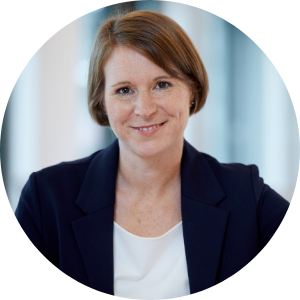 |
Mareike Kunter is director at the DIPF | Leibniz Institute for Human Development and Educational Information where she heads the Teacher and Teaching Quality department. She is professor of Empirical Educational Research at the Goethe University Frankfurt. From 2010-2020, she was a professor of educational psychology at Goethe University Frankfurt. Her research focuses on the professional competence of teachers, teaching quality, and the evaluation of educational programs.
|
 |
Frederick K.S. Leung is president of the International Commission on Mathematical Instruction (ICMI). He is chair professor and Kintoy Professor in Mathematics Education at the University of Hong Kong, and dean of Graduate School at the University. Professor Leung’s major research interests include the comparison of mathematics education in different countries and the influence of different cultures on teaching and learning. He is principal investigator of the Hong Kong component of Trends in International Mathematics and Science Study (TIMSS), TIMSS Video Study, and Learner’s Perspective Study (LPS).
|
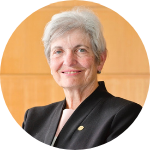 |
Felice J. Levine is executive director of AERA, where she champions the advancement of knowledge and the use of sound research to guide policy and practice. Her areas of expertise include science policy, research ethics, data access and sharing, and the academic and scientific workforce. Her current projects include the development of the AERA-ICPSR-NSF PEERS Data Hub to connect data resources, foster new scholarly networks, and build research capacity in STEM education.
|
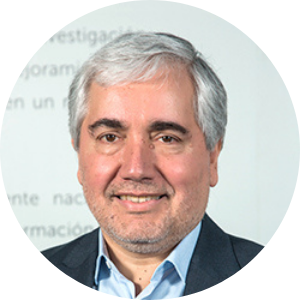 |
Jorge Manzi is a full professor at the School of Psychology of the Catholic University and directs the MIDE UC Measurement Center. He has extensive experience in the development of measurement instruments in psychology and education. In particular, he has developed instruments for teacher evaluation, school evaluation, graduate tests as well as higher education admission exams in Chile. He is a member of several scientific societies, an associate editor of scientific journals and has numerous publications in national and international specialized media.
|
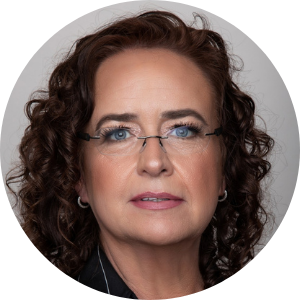 |
V. Darleen Opfer is vice president of RAND’s Education and Labor Research Division and distinguished chair in Education Policy. She has conducted policy research studies for several local, state, and national governments on issues that affect teachers and schools. She led the work of the International Consortium on the Global Teaching InSights Video Study. She currently is co-leading a study looking at the relationship between instructional coherence and outcomes for students of color and those living in poverty.
|
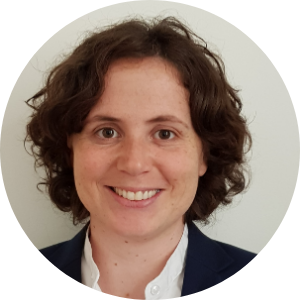 |
Anna Pons is analyst and project lead at the OECD Directorate for Education and Skills. She leads the work on the Global Teaching InSights Video Study and Video Library. Previously, Anna coordinated and contributed to in-depth reviews of the effectiveness and equity of nine education systems in Europe, Latin America and Asia. She also co-authored the report Equity and Quality in Education, which identified system and school-level policies and practices for supporting disadvantaged schools and students.
|
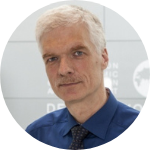 |
Andreas Schleicher is director for education and skills, and special advisor on education policy to the secretary-general at OECD, in Paris. He initiated and oversees the Programme for International Student Assessment (PISA) and other international instruments that have created a global platform for policy-makers, researchers, and educators across nations and cultures to innovate and transform educational policies and practices.
|
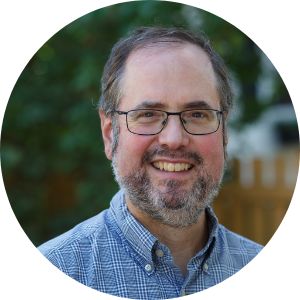 |
Jon R. Star is professor of Education at the Harvard Graduate School of Education. Star is an educational psychologist who studies children's learning of mathematics at all levels but with particular emphasis on the middle and high school years. Star also investigates instructional and curricular interventions that may promote the development of mathematical understanding.
|
ABOUT AERA
The American Educational Research Association (AERA) is the largest national interdisciplinary research association devoted to the scientific study of education and learning. Founded in 1916, AERA advances knowledge about education, encourages scholarly inquiry related to education, and promotes the use of research to improve education and serve the public good. With members from 96 countries, AERA is committed to expanding its connections to the global research community, and is actively involved in advancing the field of education research worldwide.
ABOUT OECD
The Organisation for Economic Co-operation and Development (OECD) is an international organisation that works to build better policies for better lives. Our goal is to shape policies that foster prosperity, equality, opportunity and well-being for all. We draw on almost 60 years of experience and insights to better prepare the world of tomorrow.
|